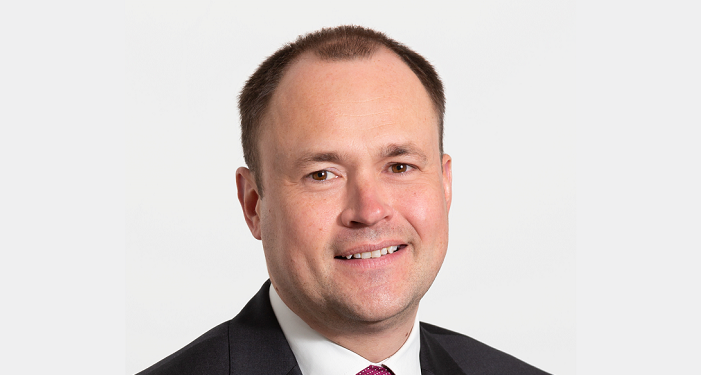The NHS backlog is continuing to drive people towards private healthcare and hospitals are confident about growing volumes of work from insurers, according to research from private hospitals.
A study by the Independent Healthcare Providers Network (IHPN) found half of respondents would consider using private healthcare, with 20% saying they were likely to do so this year.
Presenting the results at the Laing Buisson Private Healthcare Summit, IHPN chief executive David Hare noted around half the public respondents said their drive to self-fund healthcare stemmed from pressures being seen within the NHS.
“We are definitely seeing growing demand for private care, it certainly comes through in what we research,” he said.
“And we are now starting to see record self-pay activity.”
Hare (pictured) continued: “Yes there are other reasons, but overwhelmingly NHS pressure is the driver for why people are considering self-paying for their treatment.”
Positive over insurance work
Polling of the IHPN’s members also reflected the belief that there was greater demand from people for private care and that insured work was picking up.
Around two thirds of members said they felt the environment for insured work was either positive or very positive.
For self-paid treatment that figure was 89% with none of the provider members saying the outlook was negative.
However, Hare noted the industry needed to work together to help potential customers understand how to access it with many people saying they did not have any idea where to start.
Half of those surveyed said they do not have a good or even basic understanding of where to go or how to access private healthcare.
And only a quarter of people said private healthcare was something for them.
“There is a real sense that consumers want more information and to better understand how they can navigate private healthcare,” he continued.
“It’s a really huge opportunity for the sector to go out and take advantage of the demand drivers and the consumer push for private healthcare with a mass response helping people on how to navigate that.”
Private treatment above 2019 levels
Meanwhile, data from industry billing provider Healthcode showed insured treatment undertaken by private hospitals and clinics had rebounded well and had been above pre-pandemic levels for almost a year.
The figures showed for the last three quarters of 2021 private hospital billing volumes were above 2019 levels and this had continued into January and February of 2022.
However, Healthcode head of external affairs and stakeholder engagement Fiona Booth, who was presenting the results, noted the recovery in volumes had not been even across the country.
“In England the volume of PMI billing over the last four months has been consistently higher than the same time in 2019, while Northern Ireland is noticeably performing not as well.”
The firm’s data also showed rising patient numbers with the increased work due to more people having treatment, rather than fewer people having lots of different procedures.
Outpatients and orthopaedics dominates
Outpatients were overwhelmingly responsible for the greatest volumes of bills and while inpatient volumes remain lower than 2019 level.
But overall, billing volumes across the whole log hospital and non-hospital providers are outperforming levels from the same time in 2019.
Orthopaedics continues to account for the bulk of private hospital activity and was again the top hospital speciality in February 2022, with insured patient billing volumes of 51,000.
Pathology and radiology have significantly outperformed 2019 billing levels by at least 75%, with these two specialities faring the best over pandemic and into 2022 due to demand from diagnostic tests.
“Healthcode’s most recent data shows there’s ground for optimism that private healthcare volumes have recovered from the pandemic,” Booth added.






